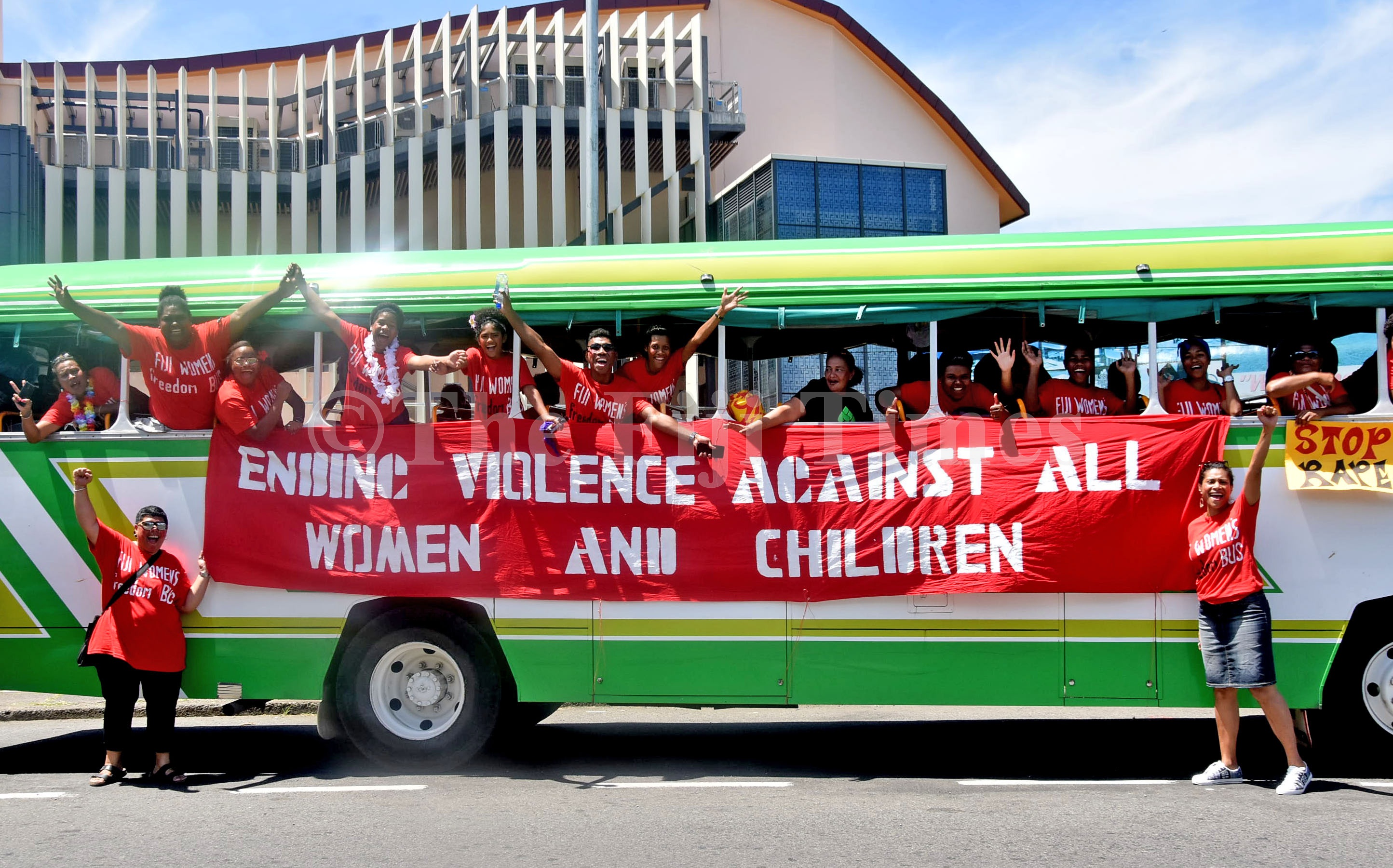Prime Minister Sitiveni Rabuka has expressed his commitment to the implementation of the Fiji National Action Plan to prevent violence against all women and girls.
He has called on Fijians to strive for a violence-free Fiji even beyond December 10, the final day of the 16 Days of Activism campaign.
“The significance of these 16 days resonates deeply with me, as it does with many of you,” Mr Rabuka said.
He said it was a call to action that demanded our voices be raised against the darkness of violence that shrouded the lives of our women and girls.
Gender-based violence, he said, was not just violence under the laws of Fiji, but a crime that “we as a nation will neither tolerate nor condone”.
Fijians, he said, should be united to dismantle the norms and traditions that perpetuate gender discrimination.
As part of its campaign last year over the 16 days, UNWomen promoted 10 ways to end violence against women.
Violence against women and girls, it stated, was the most pervasive human rights violation in the world, affecting more than one in three women — a figure that remained largely unchanged over the past decade.
Global emergencies, crises and conflict, it stated, intensified violence against women and girls and exacerbated the drivers and risk factors.
Ending violence against women is everyone’s business, it says.
We must speak up, it suggested, as part of 10 ways to end violence against women.
- Violence against women is pervasive, but it’s not inevitable—unless we stay silent;
- Know the issue—and the signs, it says, because violence against women takes many forms;
- Call out sexual harassment because for many women, sexual harassment is a daily experience. Whether it’s online, on the street or in the workplace, brushing off inappropriate behaviour serves to further normalise it;
- Challenge beliefs on masculinity because toxic masculinity drives violence against women;
- Fund women’s organisations because investing in women’s movements matters;
- Call for better responses and services because services for women and girls experiencing violence can be the difference between life and death;
- Demand more data because to effectively combat gender-based violence, we need to understand the issue;
- Push for stronger laws because we are still 21 years away from comprehensive laws banning violence against women to be in place globally;
- Support women’s leadership because during COVID-19, women were vastly under-represented on recovery task forces—a disparity reflected in the insufficiency of government responses to gender-specific issues like heightened domestic violence; and
- Build solidarity with other movements because we’re stronger when we work together.
As we reflect on this campaign, we are encouraged to engage and participate, promoting 16 days of activism.






